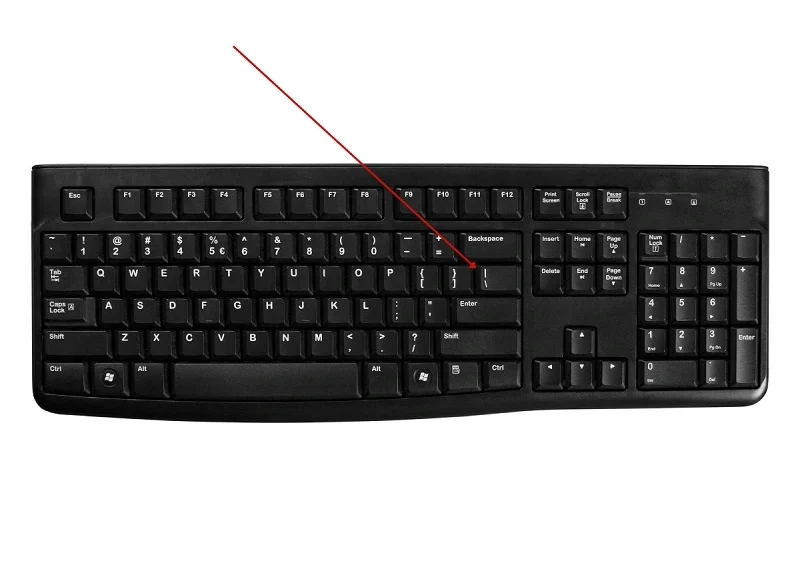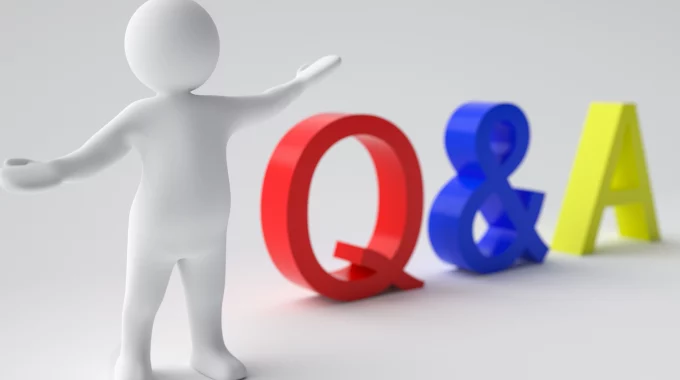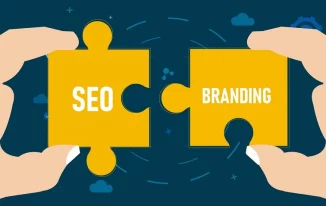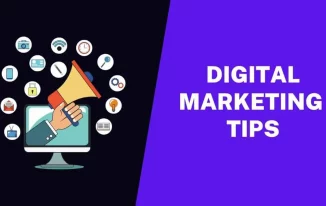SEO is a simple term that holds numerous tricks and complex things. SEO beginners or self-learners often get SEO FAQs in their minds, but they are afraid to ask them or don't get proper-listed answers.
Moreover, SEO experts mostly handle SEO-related things as top secret, so beginners and rookies find it tough to learn independently.
This article is composed to eliminate those SEO FAQs you're too afraid to ask as an SEO rookie. We've chosen 18 popular SEO FAQs which require proper and simple answers and listed them out. Especially for self-learners, this article is going to be like a knowledge feast. Let's go to check them out!
1. What is SEO?
Before starting with the SEO FAQs, let us understand what actually is SEO. SEO alias Search Engine Optimization is a website optimization technique that helps users get more relevant content and website developers get more website traffic.
Following proper SEO optimization techniques while developing and marketing a website or web content is very helpful in getting more visibility and conversion. SEO techniques differ in search engines like Google, Bing, Yahoo, etc.; also, search engines constantly evolve their algorithms, so SEO changes very frequently.
2. What's the differentiation between Organic and Paid results?
Organic search results take up the majority part of search engine results. These are free results that require end-to-end effective SEO optimization and higher content quality to get visibility in search engines. Organic marketing commonly gets used for the awareness and consideration part of the buyer's journey.
On the contrary, Paid results are mostly the advertisements that show up in the first place. Advertisers pay money each time users click on their advertisements. Product marketing and, direct sales, paid results are popular use options for these things.
3. What are Meta Descriptions, and why do they still matter?
Next in line amongst the SEO FAQs is learning about the meta descriptions. Meta Descriptions are the mini description parts that appear under the headline containing the webpage link. The Meta Description part explains to the users a little about why they should click to visit one particular webpage.
A popular search engine optimization technique using meta descriptions is using keywords in them. Search engine crawlers crawl every website to provide the best results to users, and using keywords in Meta Descriptions helps tremendously in that place.
Moreover, the essential thing about Meta Description is choosing compelling words. A good Meta Description attracts users to a page; dull writing ruins everything, and consequently, users don't select a webpage.
4. Is it necessary to optimize my domain name to include keywords?
Any forceful integration is hazardous for SEO. A domain name isn't a place where search engines like to get keywords. Still, if your keyword coincidentally fits into your domain name, it's not going to change things very much.
5. How do I know about the right number of keywords on a page?
Next in line amongst the SEO FAQs is knowing the right number of keywords. Suggesting a random number for a webpage isn't a healthy search engine optimization practice. In fact, getting natural with keywords is more important rather than focusing on a number.
Let's understand a universal thing, don't add the keyword for the sake of adding it; always listen to the content flow and the respective SEO personnel you're listening to.
6. Is there any difference between internal and inbound links?
Internal links are what connect a web page of a particular site to another; both pages are under one umbrella. Inbound links are links to other websites that connect their pages to your page. Two of these type of links provides great SEO value.
7. What's a good number of internal links I need on each page of content?
In the line of existing SEO FAQs, one is about the number of internal links. Here's the same concept: the number isn't a key player, and efforts towards improving reader experience matter most. Stuffing too much is unnecessary and reduces user experience; too few links make users exhausted as may be user's query remains unsatisfied.
8. Do I need to know the code to do SEO myself?
Coding has very less to do with search engine optimization practices. Although several things on SEO like analytics and tracking require tracking codes, that's a very small amount. The necessary coding knowledge stays within the easy parts of programming like - HTML, CSS, JScript, etc.
9. What is robots.txt?
Every page and website has the freedom to choose whether to get indexed or crawled. Robots.txt is the page that gives crawler permission to get into a webpage. Robots.txt page is reachable; type YOURDOMAIN/robots.txt.
10. What is the sitemap.xml file?
This file provides easy access to search engines to your website holding all the index of your website and all pages. All pages you want to be indexed appear here.
11. How are Indexing and crawling different?
Crawling and Indexing are two processes. Crawling is the process when a search engine runs crawlers through a website or a webpage. Crawling is the first process; crawlers take pieces of information or indexation from that respective page after crawling. Then, the page is considered to show up as a search result.
12. How can I check what pages are indexed or not?
www.YOURDOMAIN.com is the site to see the pages crawlers have crawled.
13. Why is it necessary to add alt text on your images?
Apart from the above listed SEO FAQs, one very important question is related to the images. Alt Text on images helps readers understand what the images are about. In case of network problems or any technical problems, users can't see the picture; they can still see the alt text and figure out that.
14. Should I hire someone expert to manage my SEO optimization?
Hiring someone or outsourcing your SEO work can be helpful, but it can also be counterproductive if that respective person doesn't possess SEO knowledge and the modern rules of SEO. Check out the guidelines and how Google explained the risks of hiring the wrong SEO person.
15. How long does it take to bring visible results from SEO?
There are several factors that determine how fast or slow you'll see any visible SEO results. The factors are -
I. The content frequency you maintain,
II. Providing quality content to the user,
III. How does the audience react to your content?
IV. How big or small is your website?
Large sites often get crawled, improving and getting SEO results from their recently posted content faster. Small sites get less crawler attention, so it takes time for a small site to see any good results.
16. What's a good goal to set for long-term SEO work?
Another question related to SEO FAQs are the goals needed to make SEO work. SEO optimization goals should cover the whole marketing funnel, not just the top of the funnel. Getting quality traffic is more necessary to redirect and convert people into potential or successful customers, and this strategy also should the part of SEO optimization.
So, only set long-term SEO goals correlated with enhanced quality traffic. Ideally, the SEO goals become a little complex in terms of quality traffic, but that's what is more beneficial for the long-term purpose.
17. What about SEO has evolved through the last few years?
SEO has changed and become complex throughout the year. As search engines changed a few protocols and evolved their existing algorithms, many famous things don't work today; the opposite is also true. This SEO faq is a little trickier and more complex than the other ones, which need a dedicated and open place to talk about it.
18. Where is The “I” on my keyboard?
Find it in the image below:






